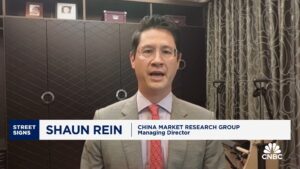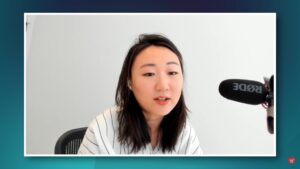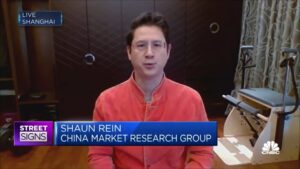
For a few years, China’s international retailer Temu – together with Shein – seemed to have a winning retail concept. But those days are over, says Hong-Kong-based marketing expert Ashley Dudarenok in The Rest of the World. Temu is running into barriers all over the world.
The Rest of the World:
Temu’s unique business model — cheap goods delivered from China straight to buyers at factory-direct prices with free shipping — has brought the company under fire. The regulatory pushback marks a turning point for one of China’s most aggressive global exporters.
“Temu’s original ‘China-to-door’ model was a brilliant, but ultimately fragile, strategy built on regulatory arbitrage,” Ashley Dudarenok, founder of China research and digital transformation firm ChoZan, told Rest of World. “That era is coming to a close. The model is now undergoing a forced, rapid evolution into a localized cross-border hybrid. Its survival depends entirely on how quickly it can execute this complex transition while navigating a minefield of regulatory and financial pressures.”
More in the Rest of the World.
Ashley Dudarenok is a marketing expert at the China Speakers Bureau. Do you need her at your meeting or conference? Do get in touch or fill in our speakers’ request form.
Are you looking for more marketing experts at the China Speakers Bureau? Do check out this list.








